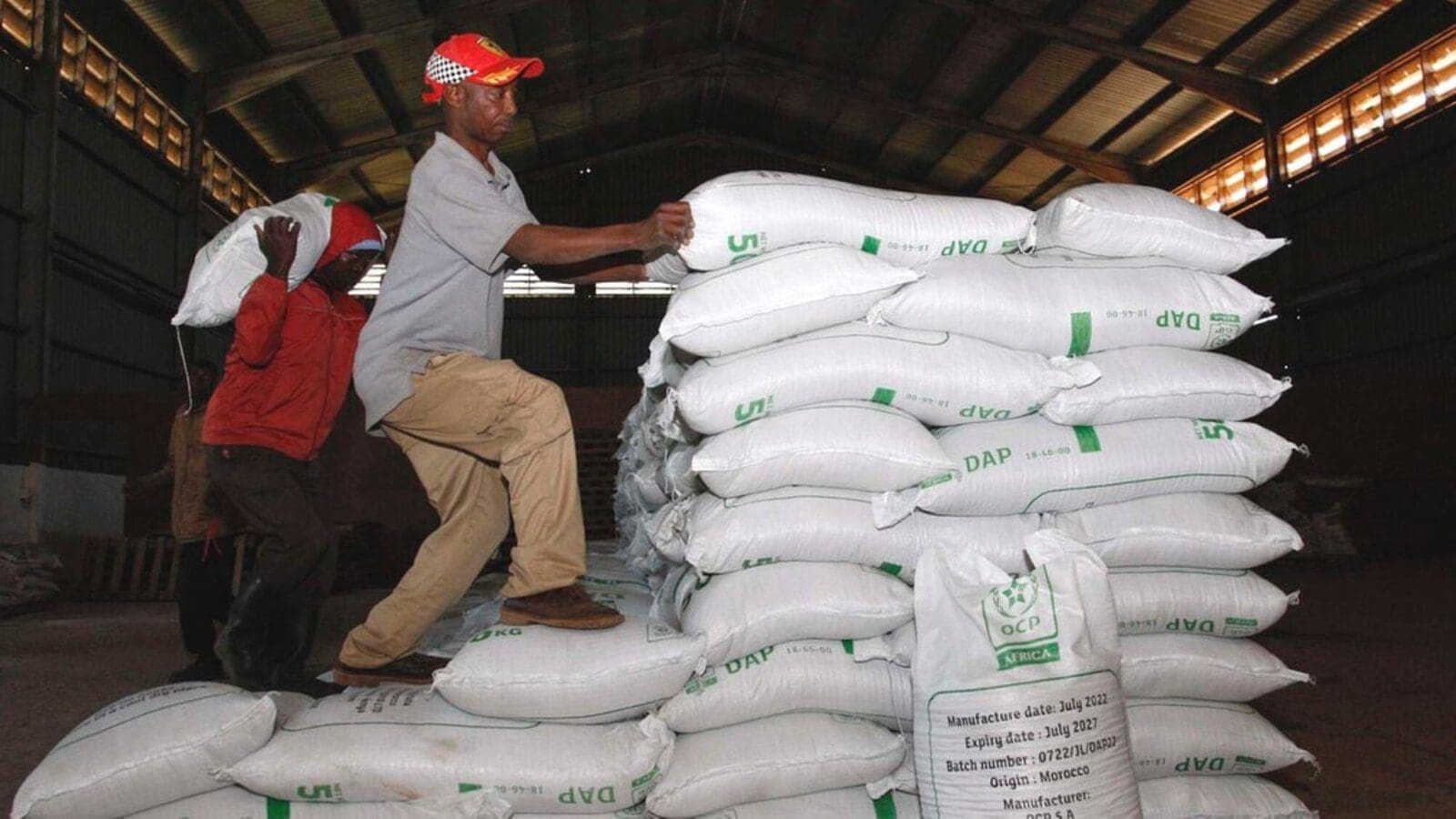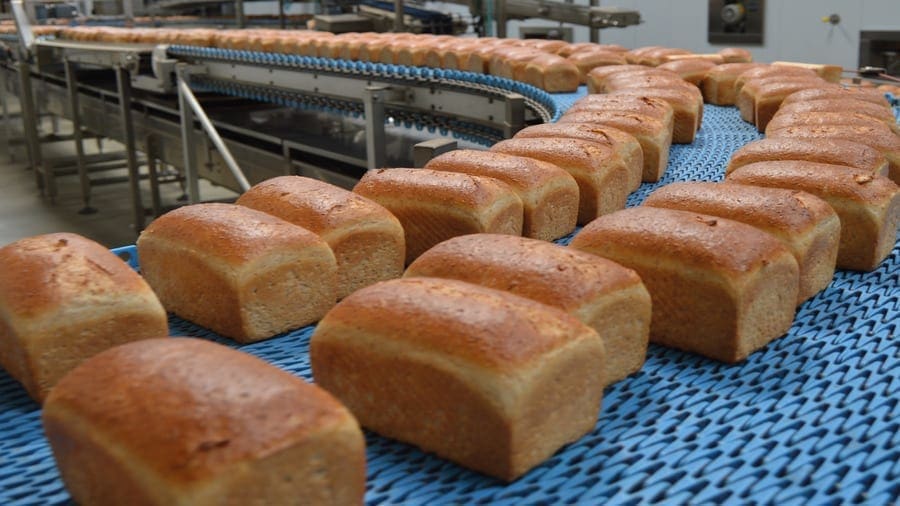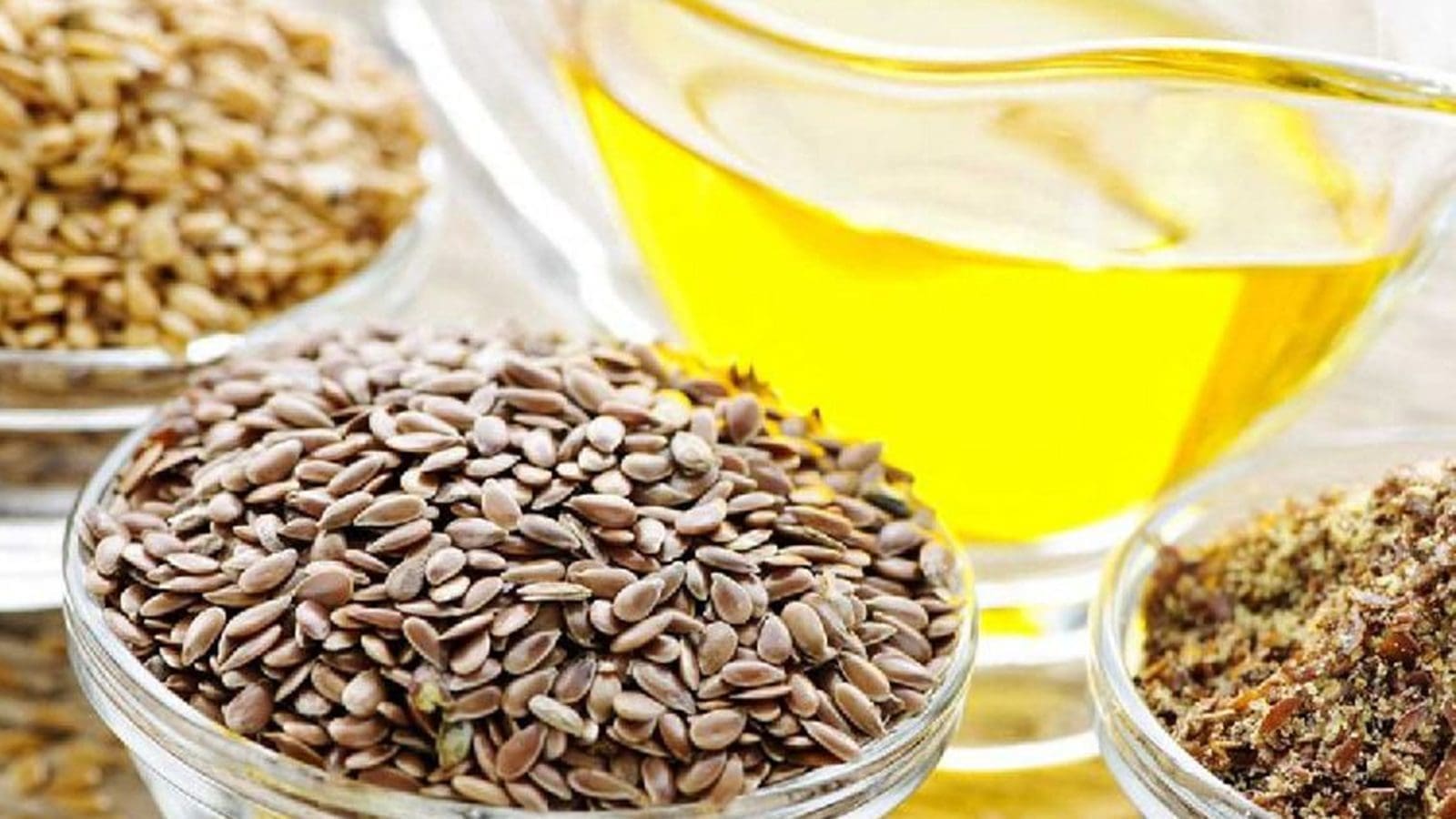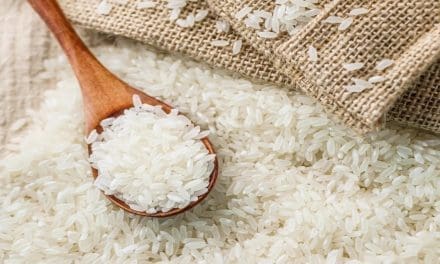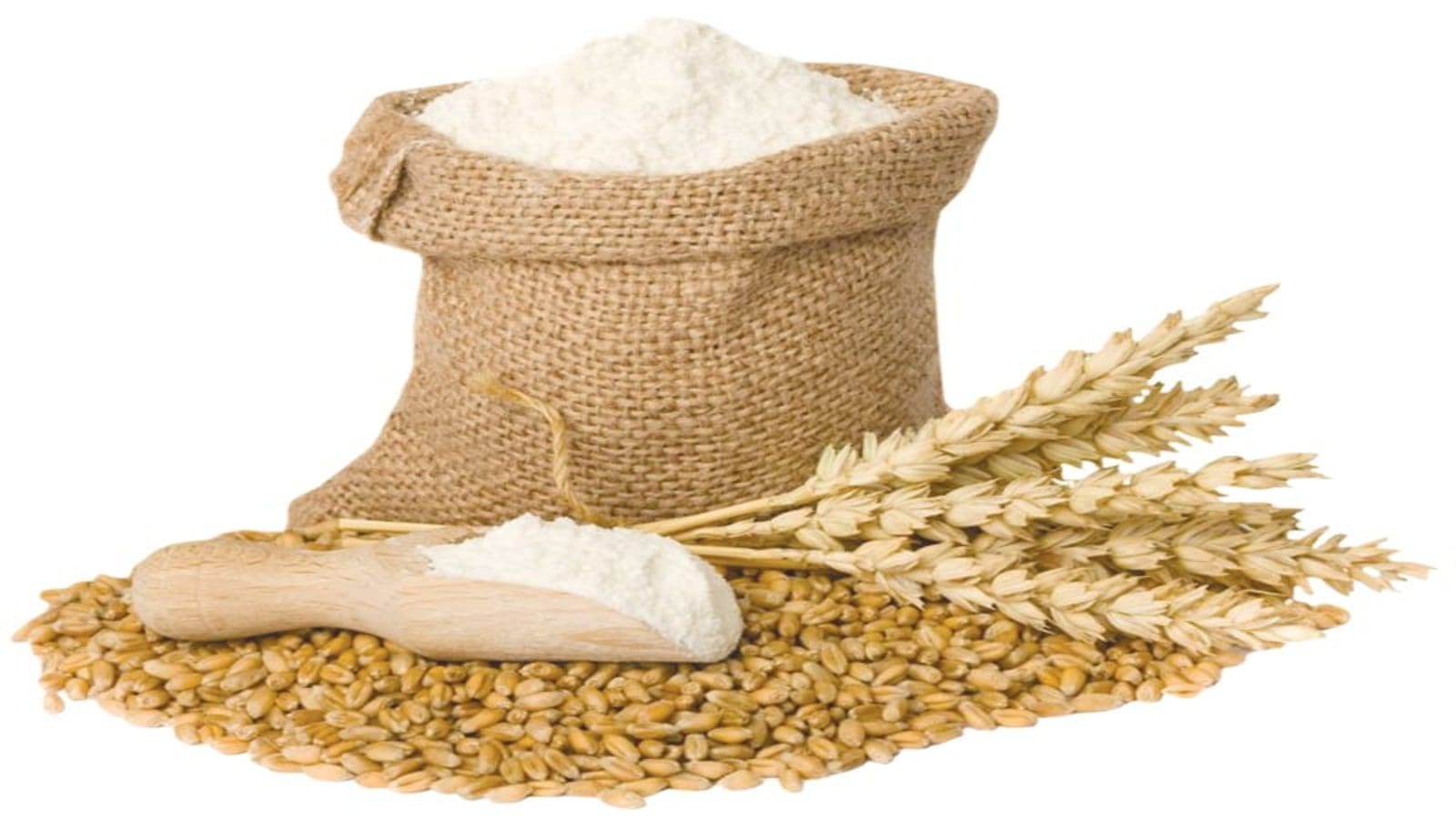KENYA – The Kenyan parliament has proposed an additional Sh4 billion (US$29M) for Fertilizer Subsidy Program in the upcoming financial year, raising the total allocation to Sh8.5 billion as part of the Kenya Kwanza administration’s efforts to lower the high cost of living.
According to Business Daily, the proposal comes amid an uproar from the citizens challenging the Finance Bill 2023 citing the possibility of the bill worsening the cost-of-living crisis.
However, according to the National Assembly’s Budget and Appropriations Committee (BAC), the increased allocation would come as a boost to President William Ruto’s plan to boost food production.
Surprisingly, the proposal comes after a recent call by the parliament ordering a forensic audit into the expenditure of Sh15 billion (US$108M) that was spent on the procurement of subsidized fertilizer following a supplementary Budget for 2022/23 to the Ministry of Agriculture.
During the order, the Public Accounts Committee (PAC) gave Auditor-General Nancy Gathungu 30 days to comb through the expenditure and table a report after the committee said it has received information about possible fraud.
The fertilizer subsidy program was initiated after President Ruto scrapped the maize flour subsidy program, arguing that his government will not subsidize consumables and will instead focus on production which will lead to sustainable food security.
Recently, Russia donated 34,400 tonnes of raw fertilizer in the form of Potash, Urea, and NPK to be reformulated to produce a total of 100,200 tonnes and distributed to farmers under the Fertilizer Subsidy Programme.
The subsidized fertilizer is distributed through outlets owned by the Kenya National Trading Corporation (KNTC) and National Cereals and Produce Board (NCPB) to 12 counties that produce most of the country’s maize and other staple foods.
The fertilizer is being provided at a lower price of Sh3,500, nearly half of the prevailing market price.
According to the National Treasury in the Budget Policy Statement, “The Government working with the private sector has also made arrangements to make another six million bags of various types of fertilizers available for the long rains season.”
To effect the strategy, 10 million farmers in the program were registered under Safaricom’s telco platform providing an electronic voucher (E-subsidy) that uses data and SMS to manage the issuing, redemption, and reconciliation of vouchers on behalf of the Ministry of Agriculture.
In addition, as President Ruto bets to help increase food production and ease the cost of living in the country, recently, the treasury devoted KES 1.1 billion US$8M) for the electrification of the Galana-Kulalu Irrigation Scheme as it moves to make the national food security project more attractive to investors.
According to Ruto, the move is meant to shield citizens from rising costs of farm inputs, the trickling effect of the Ukraine-Russia war, as well as soaring food prices as the country is grappling with the effects of prolonged periods of drought.
For all the latest grains industry news from Africa, the Middle East and the World, subscribe to our weekly NEWSLETTERS, follow us on LinkedIn and subscribe to our YouTube channel


